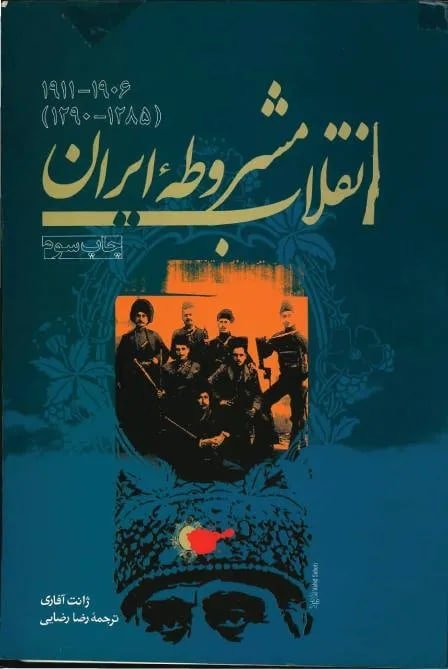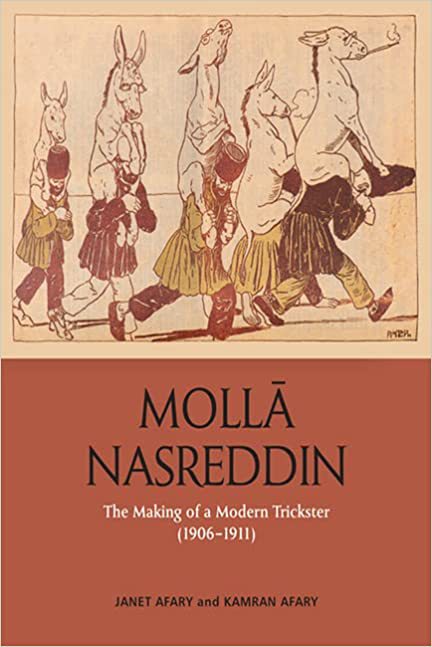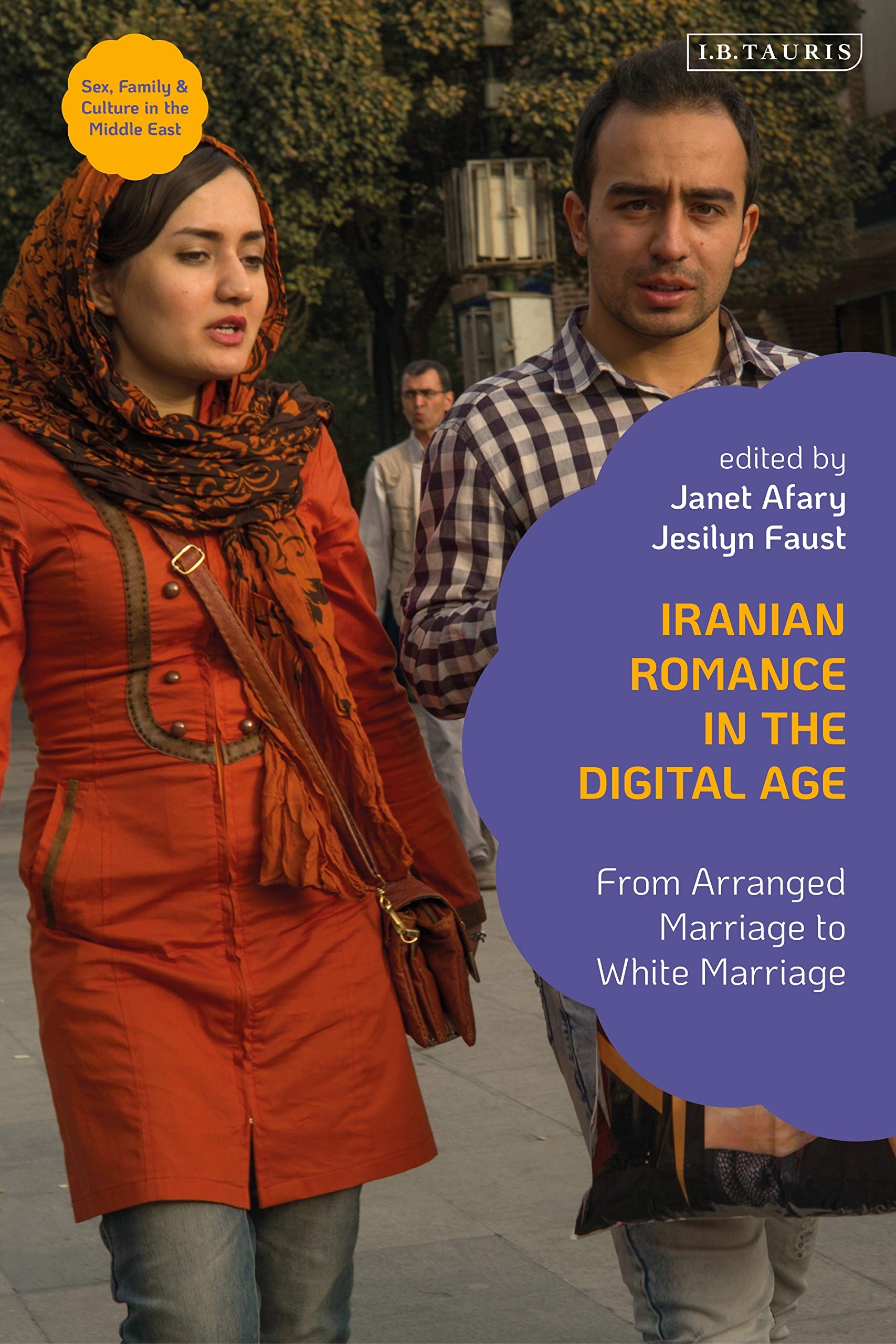Charand-o Parand: Revolutionary Satire from Iran, 1907-1909
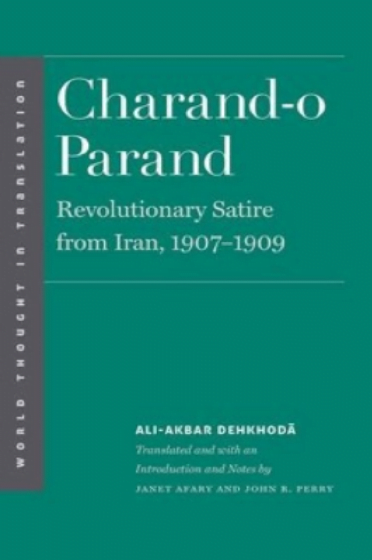
Publisher: Yale University Press
Date: May 24, 2014
ISBN-10: 0300197993
ISBN-13: 978-0300197990
Translations: -
A classic of Modern Persian literature, Charand-o Parand (Stuff and Nonsense) is a work familiar to every literate Iranian. Originally a series of newspaper columns written by scholar and satirist Ali-Akbar Dehkhoda, the pieces poke fun at mullahs, the shah, and the old religious and political order during the Constitutional Revolution in Iran (1906–11). The essays were the Daily Show of their era. The columns were heatedly debated in the Iranian parliament, and the newspaper was shut down on several occasions for its criticism of the religious establishment. Translated by two distinguished scholars of Persian language and history, this volume makes Dehkhoda’s entertaining political observations available to English readers for the first time.
Ali-Akbar Dehkhoda (1879–1956) was a prominent linguist whose greatest achievement was an authoritative Persian dictionary.
Frieda Afary, The Legacy of Ali Akbar Dehkhoda and the Iranian Constitutional Revolution for Today: A Book Review, March 5, 2018
“What does modernity mean for Iran and the wider Middle East? These essays offer a fascinating answer. Full of wit and wisdom, they help show how and why Iran developed as it did. Bringing them to Western readers for the first time is a spectacular breakthrough for everyone seeking to understand one of the world’s most misunderstood countries.”–Stephen Kinzer, author of All the Shah’s Men: An American Coup and the Roots of Middle East Terror
“These satirical columns have never before appeared as a complete group in English translation, and the introduction serves not only to locate the texts and contexualize them for the reader but also to flag Dehkhoda’s vision of a reformed Islam in the early twentieth century.” — Dominic Parviz Brookshaw, associate professor of Persian literature, University of Oxford
“Dehkhoda’s creative and innovative use of the genre of satire marks him as one of the precursors of modern Persian prose and poetry. So it is very important to have this text available in English translation.”–Nahid Mozaffari, New York University
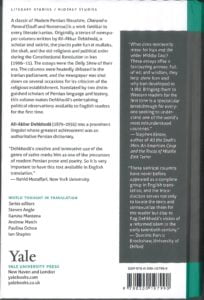
Overview
A classic of Modern Persian literature, Charand-o Parand (Stuff and Nonsense) is a work familiar to every literate Iranian. Originally a series of newspaper columns written by scholar and satirist Ali-Akbar Dehkhoda, the pieces poke fun at mullahs, the shah, and the old religious and political order during the Constitutional Revolution in Iran (1906–11). The essays were the Daily Show of their era. The columns were heatedly debated in the Iranian parliament, and the newspaper was shut down on several occasions for its criticism of the religious establishment. Translated by two distinguished scholars of Persian language and history, this volume makes Dehkhoda’s entertaining political observations available to English readers for the first time.
Ali-Akbar Dehkhoda (1879–1956) was a prominent linguist whose greatest achievement was an authoritative Persian dictionary.
Book Reviews
Frieda Afary, The Legacy of Ali Akbar Dehkhoda and the Iranian Constitutional Revolution for Today: A Book Review, March 5, 2018
“What does modernity mean for Iran and the wider Middle East? These essays offer a fascinating answer. Full of wit and wisdom, they help show how and why Iran developed as it did. Bringing them to Western readers for the first time is a spectacular breakthrough for everyone seeking to understand one of the world’s most misunderstood countries.”–Stephen Kinzer, author of All the Shah’s Men: An American Coup and the Roots of Middle East Terror
“These satirical columns have never before appeared as a complete group in English translation, and the introduction serves not only to locate the texts and contexualize them for the reader but also to flag Dehkhoda’s vision of a reformed Islam in the early twentieth century.” — Dominic Parviz Brookshaw, associate professor of Persian literature, University of Oxford
“Dehkhoda’s creative and innovative use of the genre of satire marks him as one of the precursors of modern Persian prose and poetry. So it is very important to have this text available in English translation.”–Nahid Mozaffari, New York University
Back Cover


